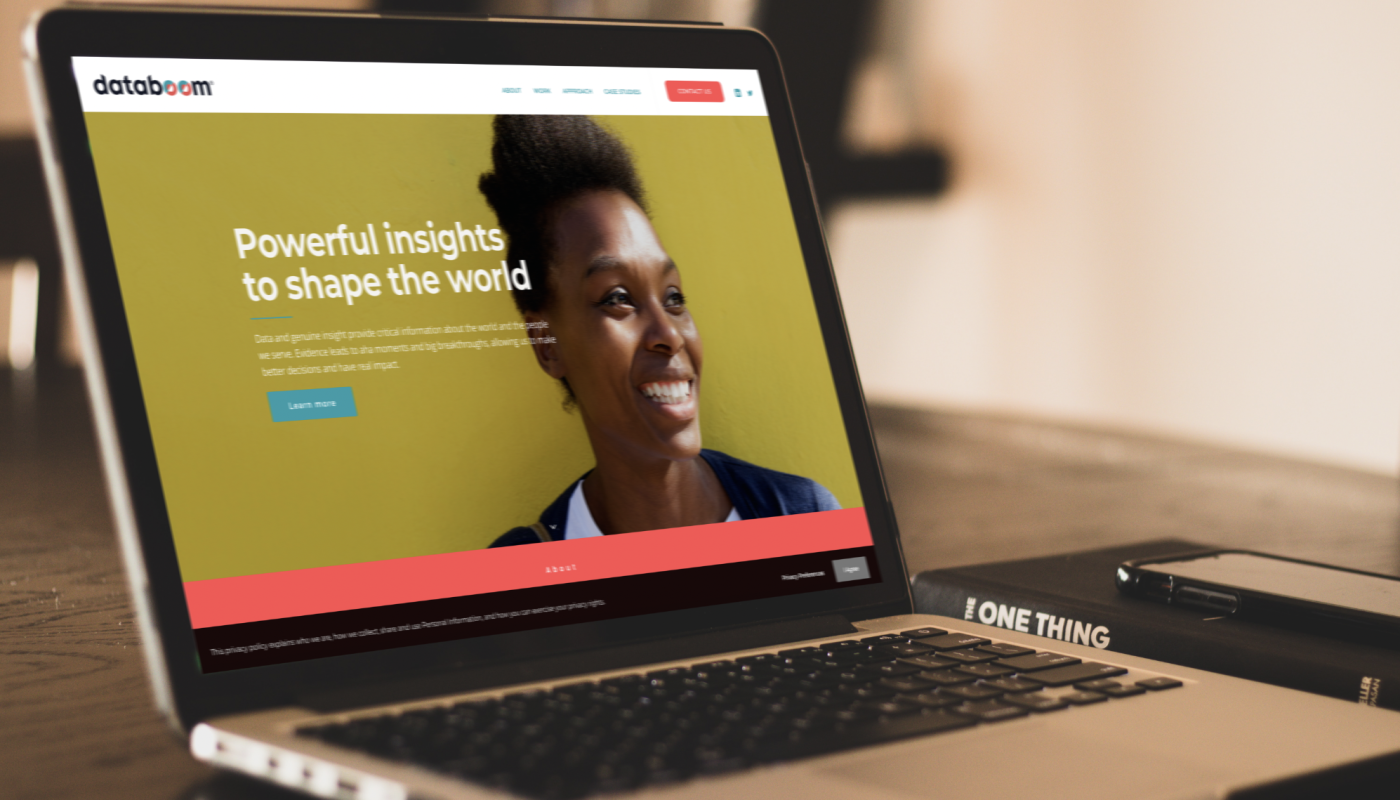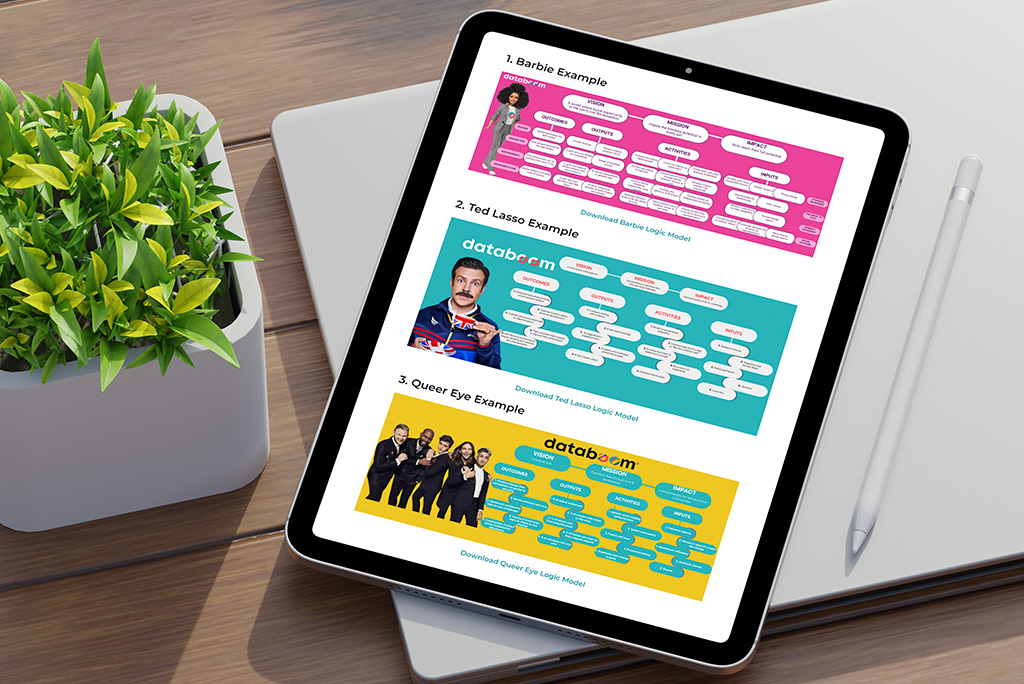We work with clients on projects that span different geographies, health domains, and purposes. Over the years, we’ve identified different resources that we and our clients have found especially useful for answering their questions and solving problems. We’ll update this list from time to time with stand-out tools that you can use to gain insight, connect the dots, or communicate and share your work.
Online data repositories
Online repositories collate and make data available across multiple health areas and geographies. These repositories are frequently open access, regularly updated, and may be supported with basic visualization or analysis tools. Data repositories often allow for comparisons across or within countries. To make full use of these resources, users should ensure that they have sufficient analytical skills and knowledge of the context to translate data into something useful and actionable. Repositories we’ve used in recent projects include:
1) UNICEF Data Center: A go-to for health information for children worldwide.
2) WHO/UNICEF Joint Monitoring Programme: Provides estimates of WASH access in households, schools, and health facilities, supplemented with the capacity to compare and visualize data.
3) DHS STAT Compiler: Provides national demographic, health, and nutrition data for over 90 countries. The STAT Compiler feature allows users to pull data for indicators and provides basic visualizations, without having to request access or have the analytic capacity to pull larger DHS datasets.
4) IHME Global Burden of Disease: Global, peer-reviewed data providing estimates of mortality and morbidity for a large array of diseases and conditions. Data can be requested and downloaded for analysis and the site has a built-in visualization platform with multiple ways to view and compare data across disease, ages, countries, and more.
Modeling tools
When clients need tools to inform strategy, they can use models to help calculate the potential impact of their work. Here are some off-the-shelf tools:[/vc_column_text]
5) SPECTRUM: Hosted by Avenir, this suite of tools includes topic-specific packages that model the impact of different intervention designs and guide resource allocation.
6) OneHealth Tool: Hosted by Avenir, this tool was developed by the UN InterAgency Working Group on Costing. It can be used to guide resource allocation for health planning. This tool is designed for national health strategic planning processes.



